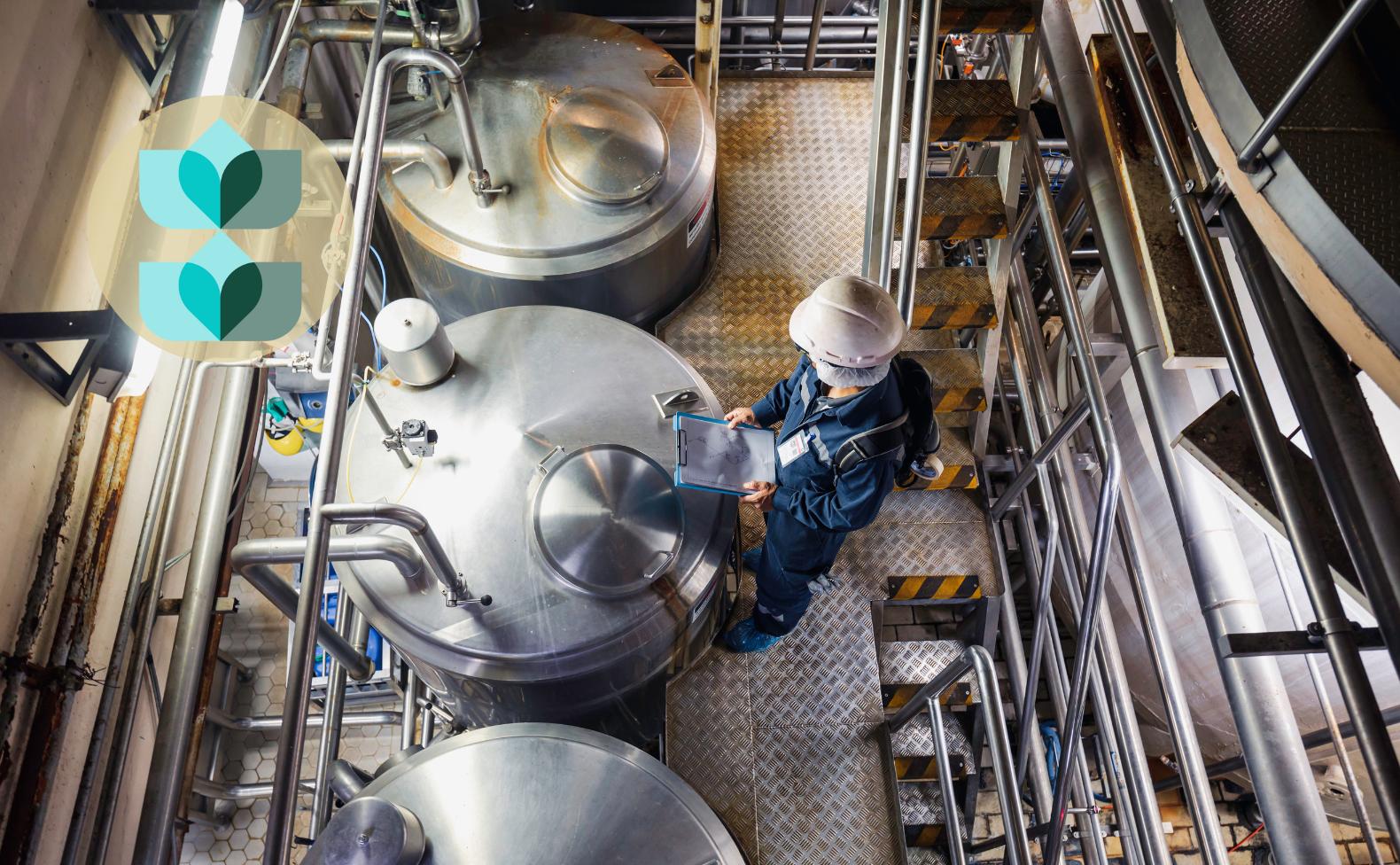Introduction
In the contract food manufacturing sector, guaranteeing quality assurance is of utmost importance. With the boosting need for contract food manufacturing in Australia, it is important for firms to apply ideal techniques and abide by stringent standards. This post will look into the various facets of accomplishing quality control in agreement food production, highlighting the essential methods as well as requirements followed in Australia.
The Value of Contract Food Manufacturing in Australia
Contract food manufacturing plays a vital duty in the Australian food market. It allows business to outsource their food production to specialized makers, enabling them to focus on other aspects of their business such as advertising and circulation. Contract food manufacturing additionally offers versatility to businesses by allowing them to scale Toll manufacturing contracts up or down their production based upon market demands.
Contract Food Manufacturing: An Expanding Fad in Brisbane
Brisbane, being a significant city in Australia, has actually seen a considerable growth in contract food manufacturing. This pattern can be attributed to the boosting variety of organizations opting for outsourcing their food manufacturing demands. Contract food manufacturing in Brisbane offers a number of advantages such as price savings, accessibility to specific equipment as well as knowledge, as well as compliance with strict high quality standards.
Best Practices for Agreement Food Manufacturing
To achieve quality assurance in agreement food manufacturing, it is essential to adhere to best techniques that ensure uniformity, security, as well as effectiveness. Some of these ideal practices consist of:
GMP (Good Production Practices) Compliance: Abiding by GMP guidelines assists maintain high-grade criteria throughout the production process. This includes proper training of team, preserving cleanliness and health, as well as carrying out durable quality assurance measures.
Food Security Administration Systems: Implementing a comprehensive Food Safety and security Monitoring System (FSMS) is important for making certain the safety of food. This includes regular evaluations, threat analysis, and also application of precautionary measures.
Quality Control Testing: Routine screening of basic materials, in-process samples, as well as completed items is important to recognize any type of variances from quality standards. This includes testing for microbial contamination, chemical composition, as well as sensory attributes.
Traceability and Documentation: Maintaining accurate records of all manufacturing processes, components made use of, and also packaging materials aids make certain traceability and also liability. This documentation also helps in identifying and also resolving any kind of high quality problems that might arise.
Supplier Qualification: Conducting complete evaluations of distributors ensures that they meet the needed quality criteria. This consists of examining their manufacturing procedures, certifications, as well as performance history in providing high-quality products.
Continuous Improvement: Regularly reviewing as well as updating processes based upon comments as well as industry advancements is essential for accomplishing continuous renovation in contract food manufacturing. This entails monitoring vital performance indicators (KPIs) as well as carrying out corrective activities when necessary.



Standards in Australian Contract Food Manufacturing
Australia has strict standards as well as regulations in position to guarantee the security and also high quality of contract food manufacturing. A few of the key standards include:
Food Criteria Code: The Food Requirement Code lays out the demands for food production, labeling, and taking care of in Australia. It covers areas such as food safety, additives, labeling requirements, as well as dietary information.
HACCP (Threat Evaluation Crucial Control Point) : HACCP is a systematic approach to recognizing potential risks in the production procedure and also implementing control actions to avoid them. It is an extensively acknowledged standard for making sure food safety.
ISO 22000: ISO 22000 is an international requirement that defines the requirements for a Food Security Administration System (FSMS). Sticking to this standard helps organizations show their dedication to food safety.
SQF (Safe High Quality Food) Certification: SQF qualification ensures that a firm's food safety administration system meets international standards. It provides guarantee to clients that the products they get are risk-free and of high quality.
AIB International Certification: AIB International qualification focuses on the cooking sector and guarantees that manufacturers fulfill specific food safety and top quality needs. This qualification is highly pertained to in the contract food manufacturing sector.
FAQs regarding Quality Control in Contract Food Production
What are the advantages of contracting out agreement food manufacturing? Outsourcing contract food manufacturing permits companies to concentrate on core expertises, minimize costs, accessibility specific competence, as well as boost manufacturing flexibility.
How can I make certain that a contract food maker satisfies my top quality standards? It is necessary to carry out thorough due diligence prior to choosing a contract food supplier. This includes evaluating their certifications, performance history, quality assurance procedures, and also client feedback.
What actions can be required to avoid cross-contamination in agreement food manufacturing? Proper partition of manufacturing areas, specialized tools for irritant handling, as well as carrying out rigorous cleaning protocols are some steps that can aid protect against cross-contamination.
What function does product packaging play in guaranteeing quality control in contract food production? Packaging plays a crucial role in maintaining the high quality and also security of foodstuff. It ought to be developed to secure against contamination, preserve item freshness, as well as provide needed details to consumers.
How frequently need to testing be performed in contract food manufacturing? Testing frequency relies on various variables such as the sort of item, service life, as well as governing needs. It is recommended to have a durable testing strategy that covers basic materials, in-process samples, and completed products.
What are some common difficulties encountered in accomplishing quality assurance in agreement food production? Typical obstacles consist of preserving consistency across numerous manufacturing websites, ensuring compliance with altering policies, managing supply chain dangers, and addressing customer-specific requirements.
Conclusion
Achieving quality control in agreement food manufacturing is crucial for services operating in the Australian market. By complying with best methods and also adhering to strict criteria such as GMP conformity, executing food security monitoring systems, as well as performing routine quality control screening, business can make certain the security as well as high quality of their products. It is also vital to select agreement food suppliers that fulfill the essential certifications and have a performance history of delivering top notch items. By focusing on quality control, businesses can develop trust fund with customers and establish a strong presence in the affordable food industry.